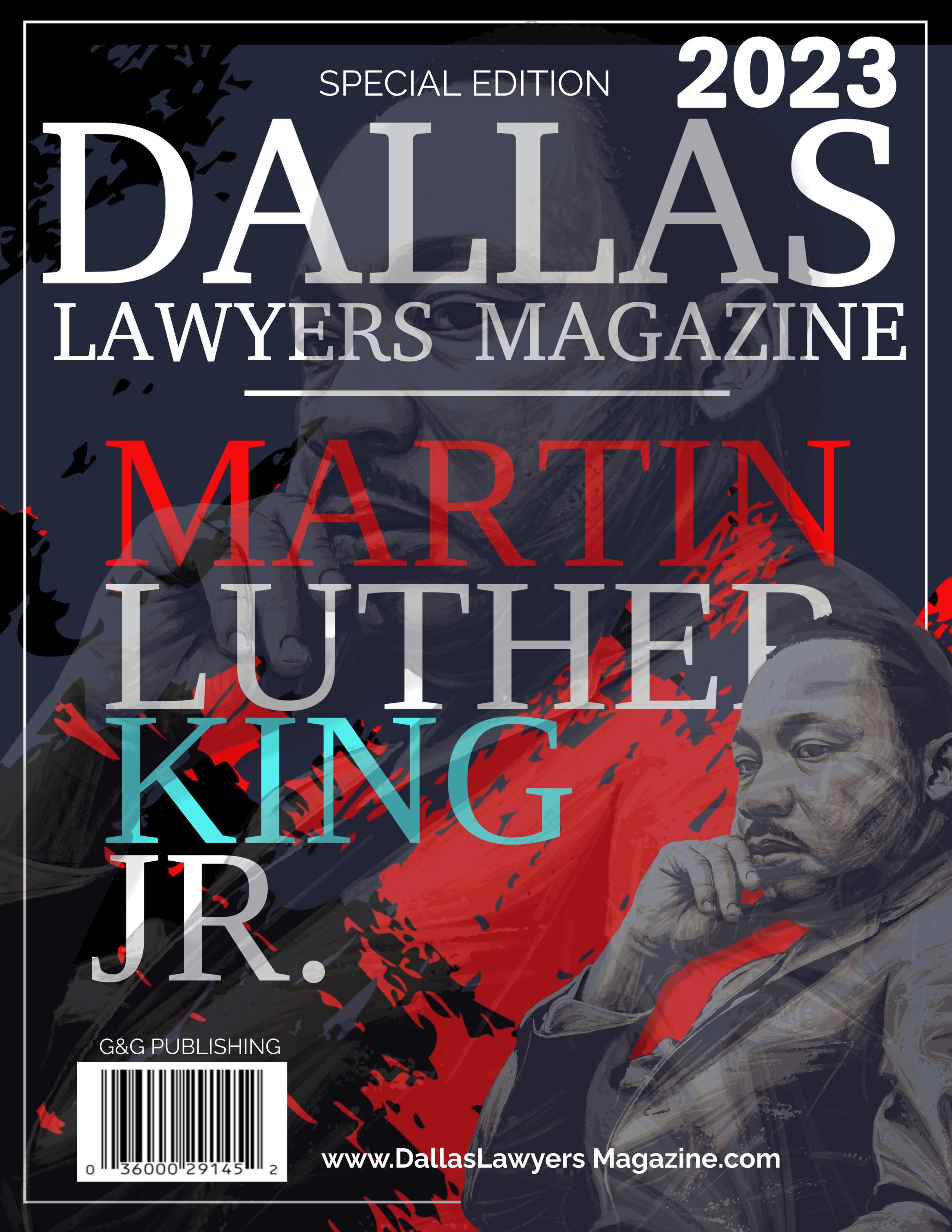
Dr. Martin Luther King , Jr. His life as a civil rights leader gave humanity a timeless model, which continues to breathe equality, justice and peace into world today.
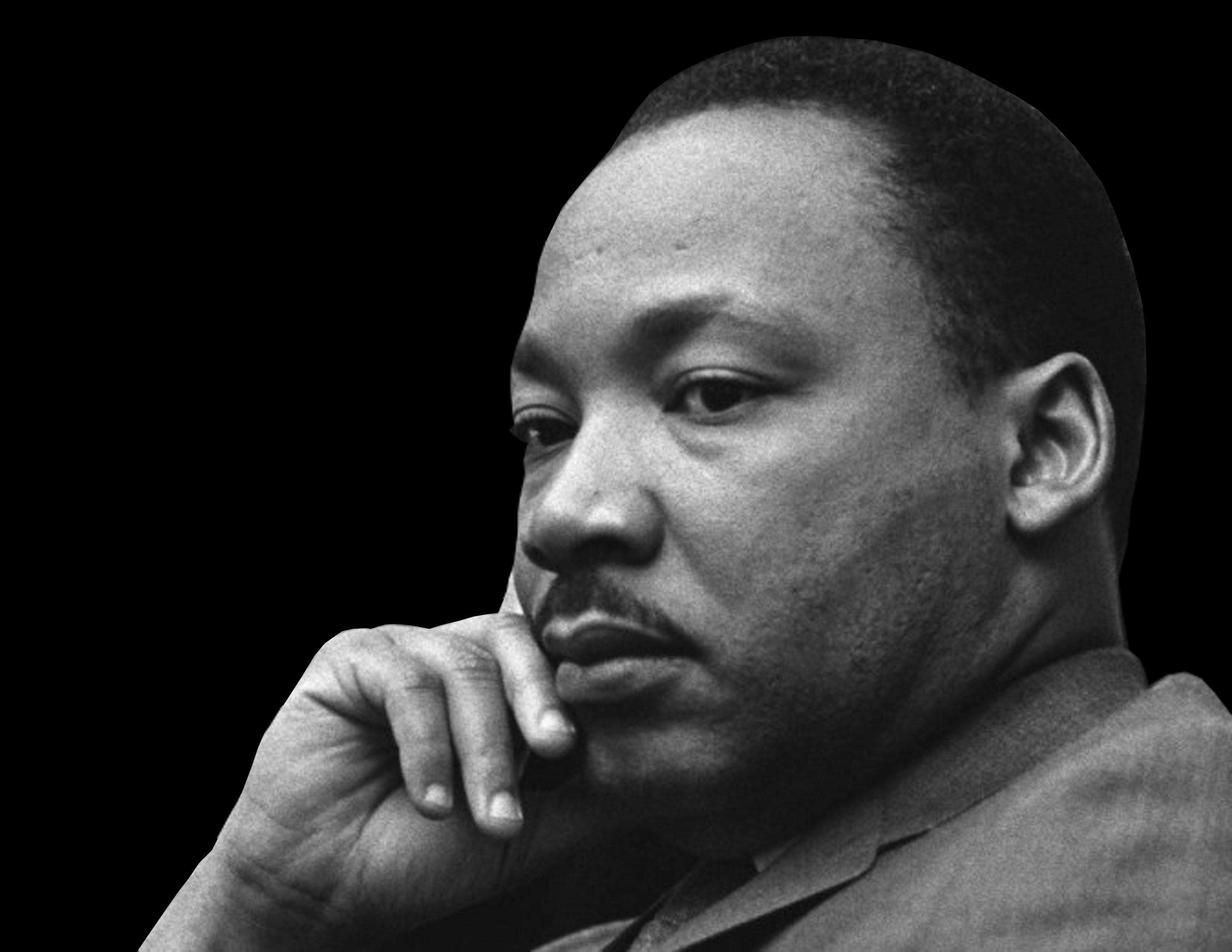
 - Al Green
- Al Green
This publication is dedicate to the life and legacy of
Martin Luther King, Jr., original name Michael King, Jr., (born January 15, 1929, Atlanta, Georgia, U.S. died April 4, 1968, Memphis, Tennessee), Baptist minister and social activist who led the civil rights movement in the United States from the mid-1950s until his death by assassination in 1968. His leadership was fundamental to that movement’s success in ending the legal segregation of African Americans in the South and other parts of the United States. King rose to national prominence as head of the Southern Christian Leadership Conference, which promoted nonviolent tactics, such as the massive March on Washington (1963), to achieve civil rights. He was awarded the Nobel Peace Prize in 1964.
Early years
King came from a comfortable middleclass family steeped in the tradition of the Southern Black ministry: both his father and maternal grandfather were Baptist preachers. His parents were collegeeducated, and King’s father had succeeded his father-in-law as pastor of the prestigious Ebenezer Baptist Church in Atlanta. The family lived on Auburn Avenue, otherwise known as “Sweet Auburn,” the bustling “Black Wall Street,” home to some of the country’ s largest and most prosperous Black businesses and Black churches in the years before the civil rights movement. Young Martin received a solid education and grew up in a loving extended family.
This secure upbringing, however, did not prevent King from experiencing the prejudices then common in the South. He never forgot the time when, at about age six, one of his white playmates announced that his parents would no longer allow him to play with King, because the children were now attending segregated schools.
Dearest to King in these early years was his maternal grandmother, whose death in 1941 left him shaken and unstable. Upset because he had learned of her fatal heart attack while attending a parade without his parents’ permission, the 12-year-old King attempted suicide by jumping from a second-story window.
In 1944, at age 15, King entered Morehouse College in Atlanta under a special wartime program intended to boost enrollment by admitting promising high-school students like King. Before beginning college, however, King spent the summer on a tobacco farm in Connecticut; it was his first extended stay away from home and his first substantial experience of race relations outside the segregated South. He was shocked by how peacefully the races mixed in the North. “Negroes and whites go [to] the same church,” he noted in a letter to his parents. “I never [thought] that a person of my race could eat anywhere.” This summer experience in the North only deepened King’s growing hatred of racial segregation.
The Montgomery bus boycott of Martin Luther King, Jr. While in Boston, King met Coretta Scott, a native Alabamian who was studying at the New England Conservatory of Music. They were married in 1953 and had four children. King had been pastor of the Dexter Avenue Baptist Church in Montgomery, Alabama, slightly more than a year when the city’s small group of civil rights advocates decided to contest racial segregation on that city’s public bus system following the incident on December 1, 1955, in which Rosa Parks, an African American woman, had refused to surrender her bus seat to a white passenger and as a consequence was arrested for violating the city’ s segregation law. Activists formed the Montgomery Improvement Association to boycott the transit system and chose King as their leader. He had the advantage of being a young, well-trained man who was too new in town to have made enemies; he was generally respected, and it was thought that his family connections and professional standing would enable him to find another pastorate should the boycott fail.
In his first speech to the group as its president, King declared:
We have no alternative but to protest. For many years we have shown an amazing patience. We have sometimes given our white brothers the feeling that we liked the way we were being treated. But we come here tonight to be saved from that patience that makes us patient with anything less than freedom and justice.
These words introduced to the country a fresh voice, a skillful rhetoric, an inspiring personality, and in time a dynamic new doctrine of civil struggle. Although King’s home was dynamited and his family’s safety threatened, he continued to lead the boycott until, one year and a few weeks later, the city’s buses were desegregated.
“Frequently I hear them say that if their African brothers can break the bonds of colonialism, surely the American Negro can break Jim Crow.”
The Southern Christian Leadership Conference
Recognizing the need for a mass movement to capitalize on the successful Montgomery action, King set about organizing the Southern Christian Leadership Conference (SCLC), which gave him a base of operation throughout the South, as well as a national platform from which to speak. King lectured in all parts of the country and discussed racerelated issues with religious and civil rights leaders at home and abroad. In February 1959 he and his party were warmly received by India’s Prime Minister Jawaharlal Nehru and others; as the result of a brief discussion with followers of Gandhi about the Gandhian concepts of peaceful noncompliance (satyagraha), King became increasingly convinced that nonviolent resistance was the most potent weapon available to oppressed people in their struggle for freedom. King also looked to Africa for inspiration. “The liberation struggle in Africa has been the greatest single international influence on American Negro students,” he wrote.
In 1960 King and his family moved to his native city of Atlanta, where he became co -pastor with his father of the Ebenezer Baptist Church. At this post he devoted most of his time to the SCLC and the civil rights movement, declaring that the “psychological moment has come when a concentrated drive against injustice can bring great, tangible gains.” His thesis was soon tested as he agreed to support the sit-in demonstrations undertaken by local Black college students. In late October he was arrested with 33 young people protesting segregation at the lunch counter in an Atlanta department store. Charges were dropped, but King was sentenced to Reidsville State Prison Farm on the pretext that he had violated his probation on a minor traffic offense committed several months earlier. The case assumed national proportions, with widespread concern over his safety, outrage at Georgia’s flouting of legal forms, and the failure of Pres. Dwight D. Eisenhower to intervene. King was
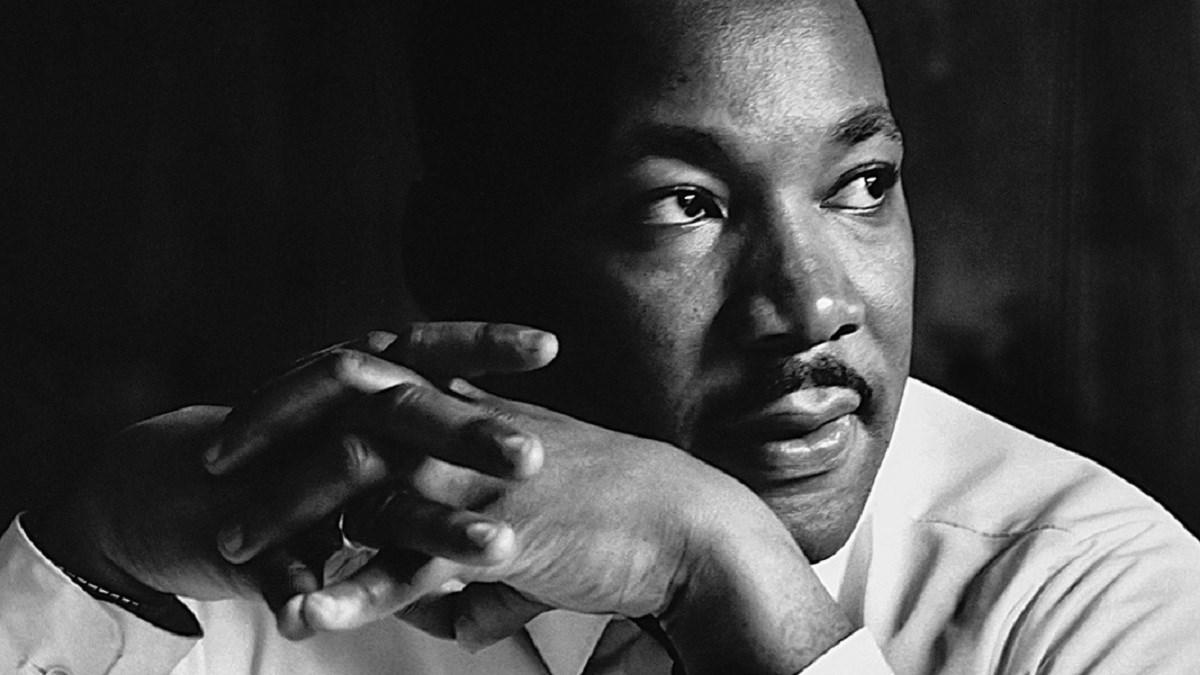
“Rarely do we find men who willingly engage in hard, solid thinking. There is an almost universal quest for easy answers and half-baked solutions. Nothing pains some people more than having to think.”
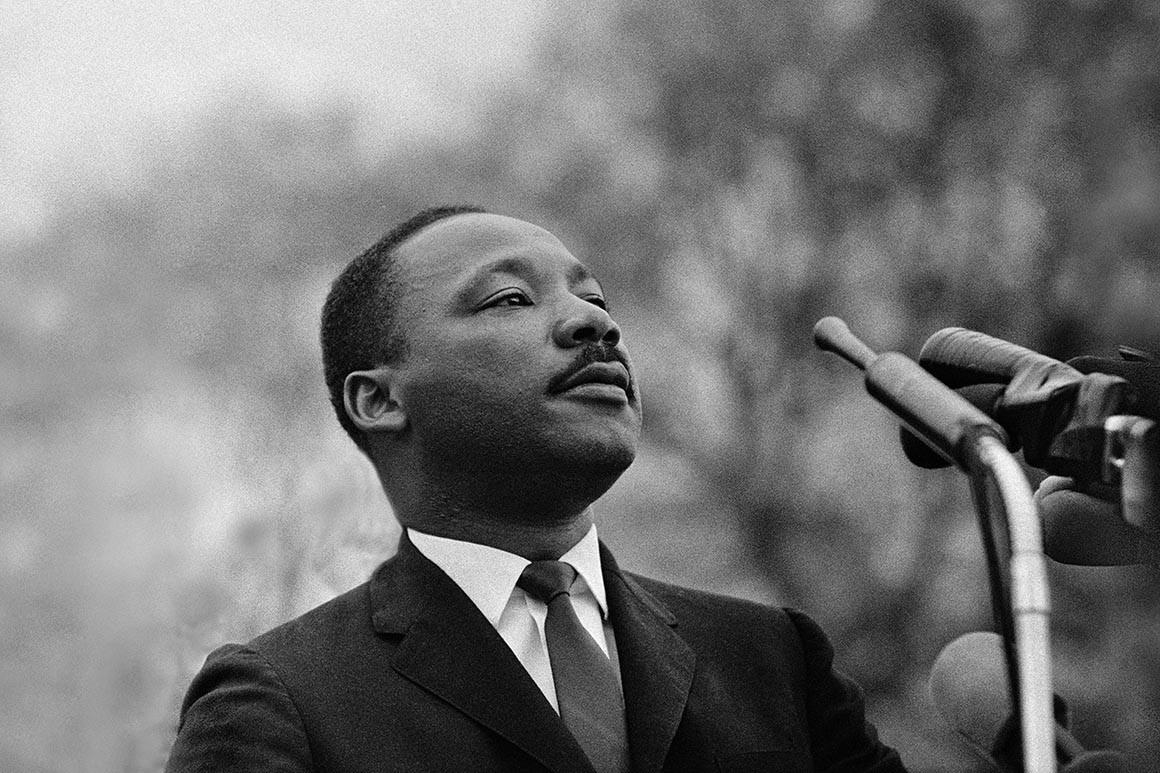
“All labor that uplifts humanity has dignity and importance and should be undertaken with painstaking excellence.”
Martin Luther, King Jr.
Presented
Judge Kim CooksPresented By
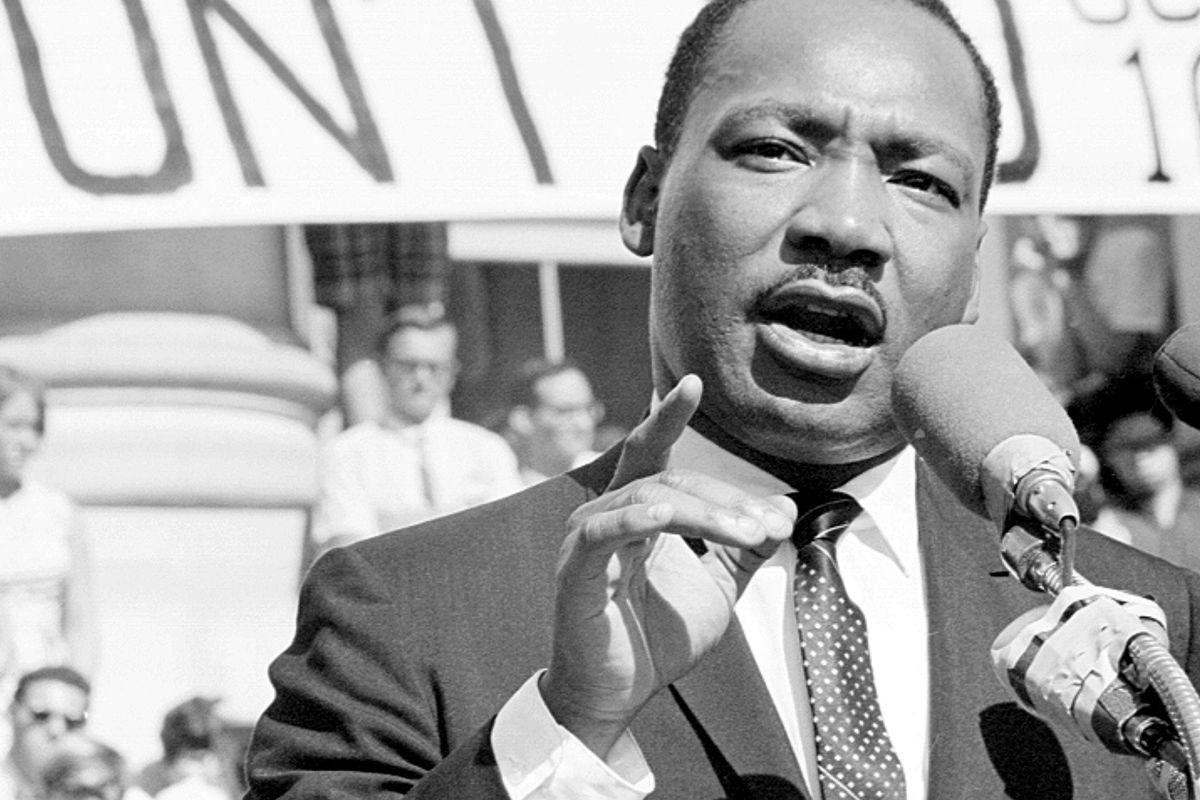 JudgeLisaGreen
JudgeLisaGreen
“An individual has not started living until he can rise above the narrow confines of his individualistic concerns to the broader concerns of all humanity.”
Martin Luther, King Jr.Presented By Judge Martin Hoffman
man lives in two realms: the internal and the external. The internal is that realm of spiritual ends expressed in art, literature, morals, and religion. The external is that complex of devices, techniques, mechanisms, and instrumentalities by means of which we live.”
Luther, King Jr.
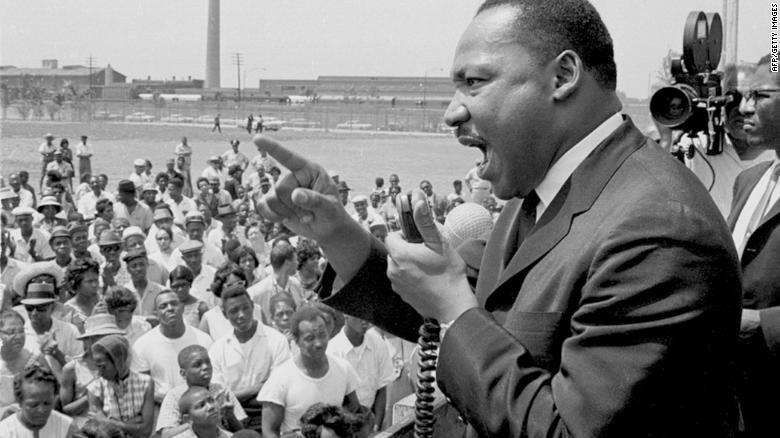
“Every
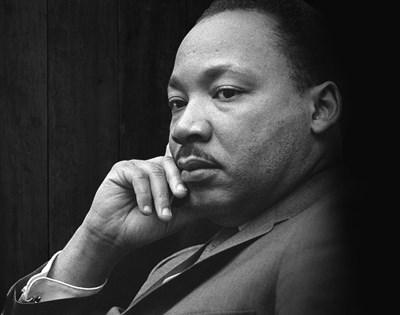
“Shallow understanding from people of good will is more frustrating than absolute misunderstanding from people of ill will.”
Tillotson Johnson& Patton
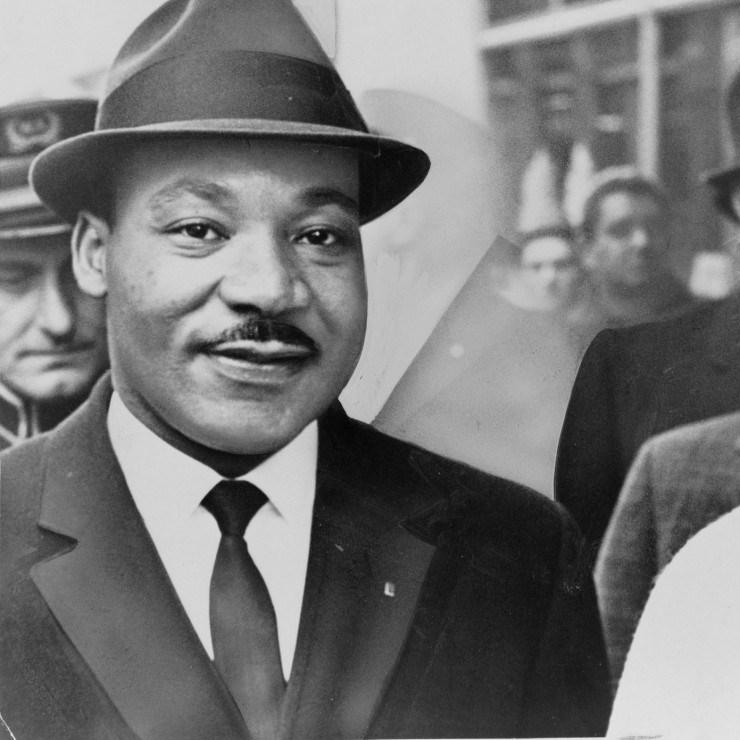
“The past is prophetic in that it asserts loudly that wars are poor chisels for carving out peaceful tomorrows”
Judge Andrea Martin Lane
Martin Luther, King Jr.Presented By Judge Lisa Green
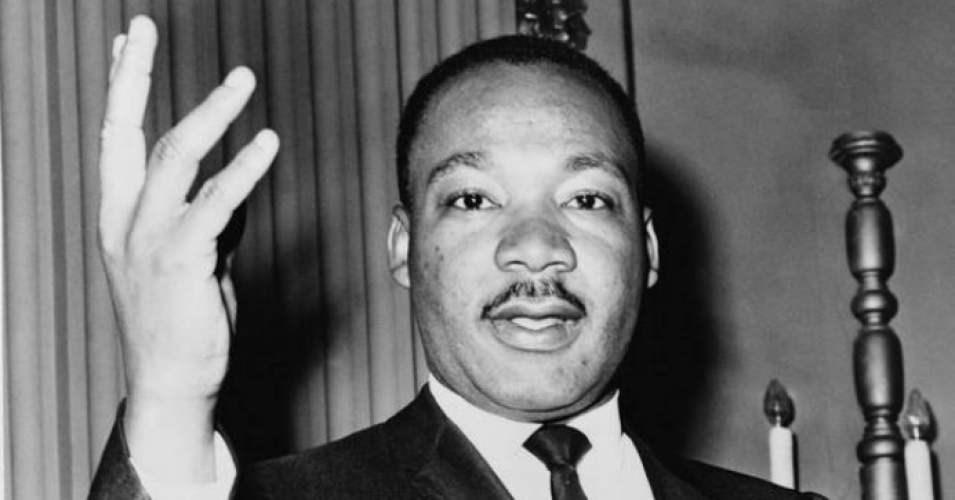
“There comes a time when people get tired of being pushed out of the glittering sunlight of life’s July and left standing amid the piercing chill of an alpine November.”
“The limitation of riots, moral questions aside, is that they cannot win and their participants know it. Hence, rioting is not revolutionary but reactionary because it invites defeat. It involves an emotional catharsis, but it must be followed by a sense of futility.”
Martin Luther, King Jr.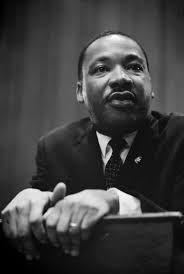
“I believe that unarmed truth and unconditional love will have the final word in reality. This is why right, temporarily defeated, is stronger than evil triumphant.”
Martin Luther, King Jr.
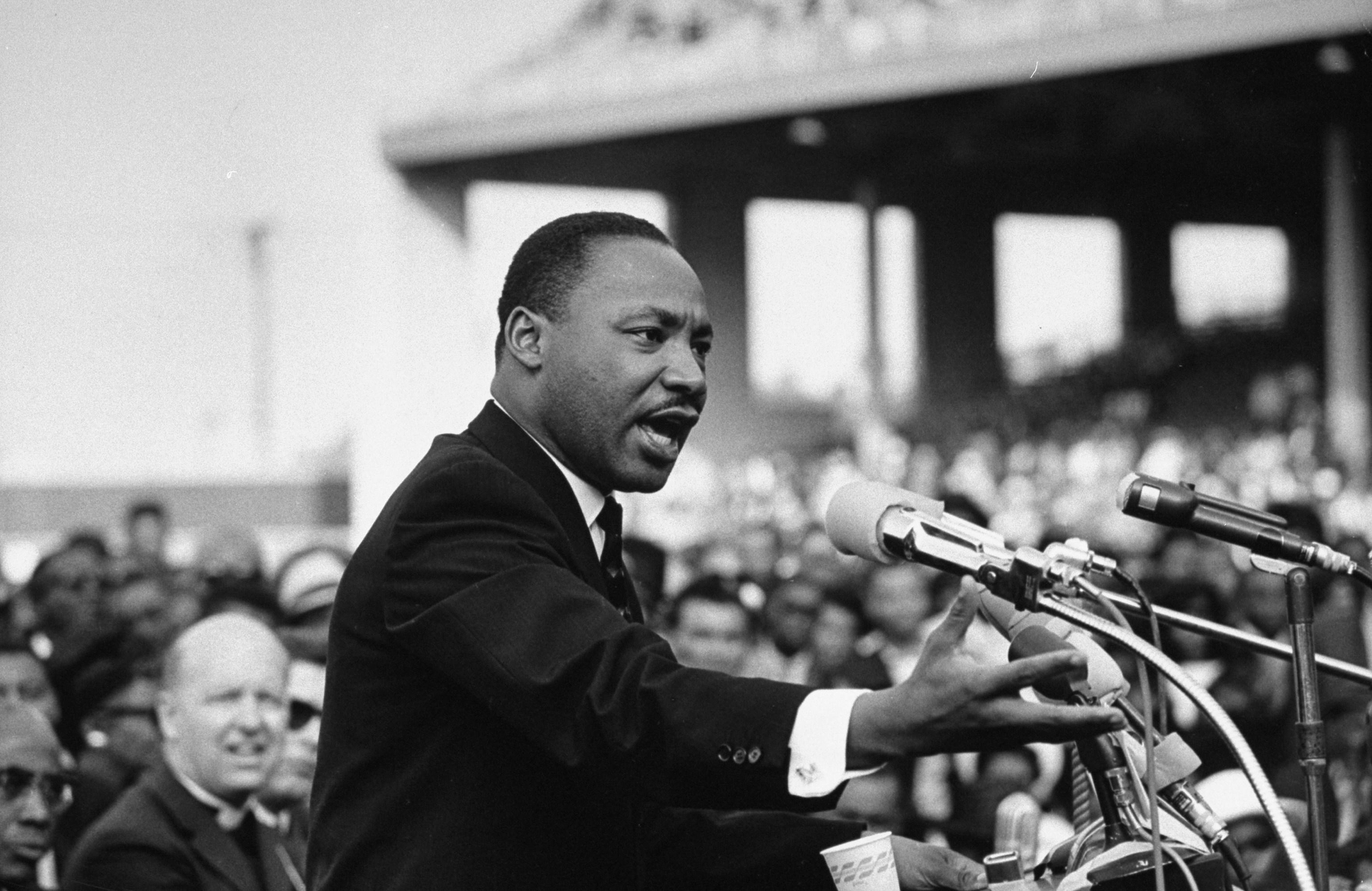
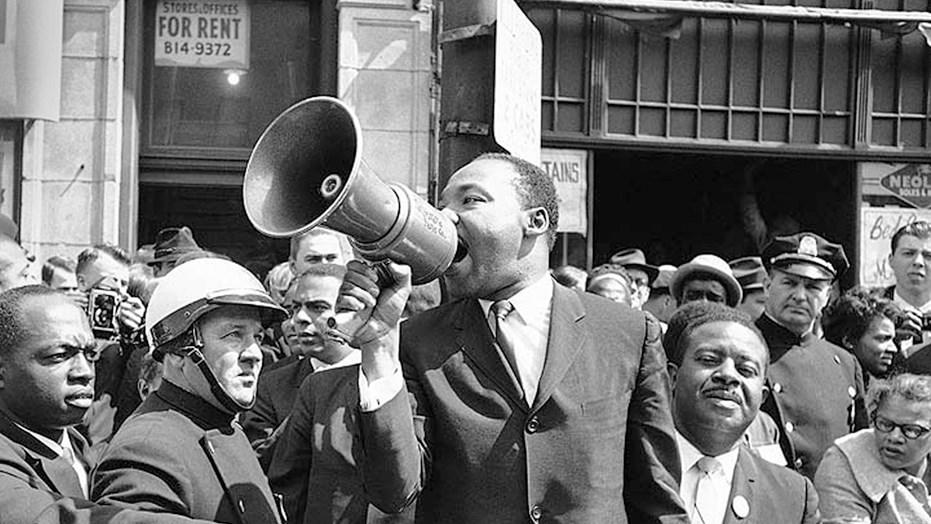
“If you can’t fly then run, if you can’t run then walk, if you can’t walk then crawl, but whatever you do you have to keep moving forward.”
Luther, King Jr.
Presented
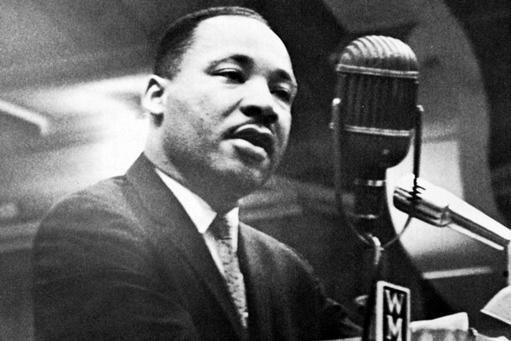
“There comes a time when one must take a position that is neither safe nor politic nor popular, but he must take it because his conscience tells him it is right.”
“Everybody can be great … because anybody can serve. You don’t have to have a college degree to serve. You don’t have to make your subject and verb agree to serve. You only need a heart full of grace. A soul generated by love.”
Martin Luther, King Jr.
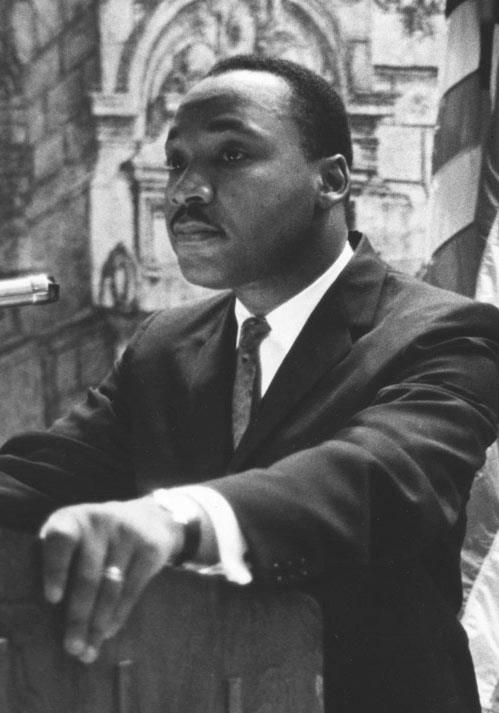
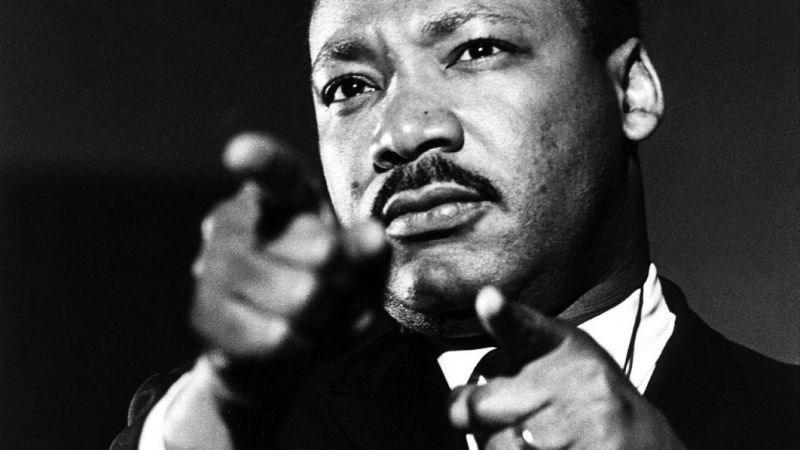
“Those who are not looking for happiness are the most likely to find it, because those who are searching forget that the surest way to be happy is to seek happiness for others.”
Martin Luther, King Jr.
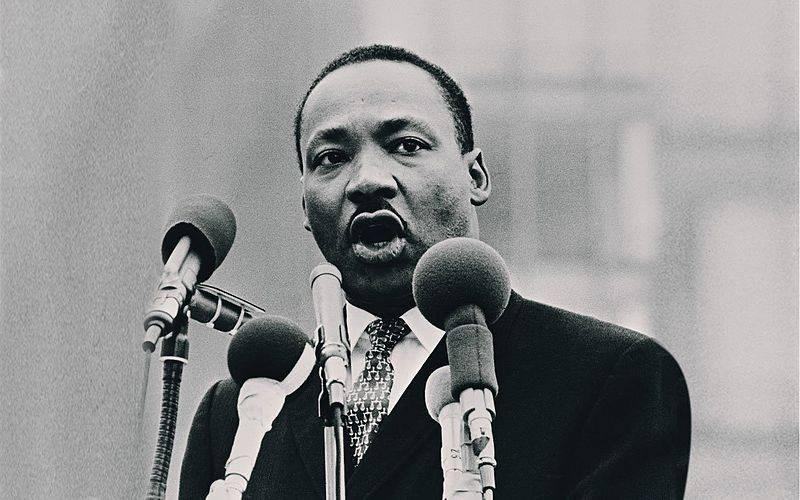 Presented By Al Green
Presented By Al Green
“You will change your mind; You will change your looks; You will change your smile, laugh, and ways but no matter what you change, you will always be you.”
Presented
ByJudge Carmen White
“Whatever your life’s work is, do it well. A man should do his job so well that the living, the dead, and the unborn could do it no better. ”
Martin Luther, King Jr.
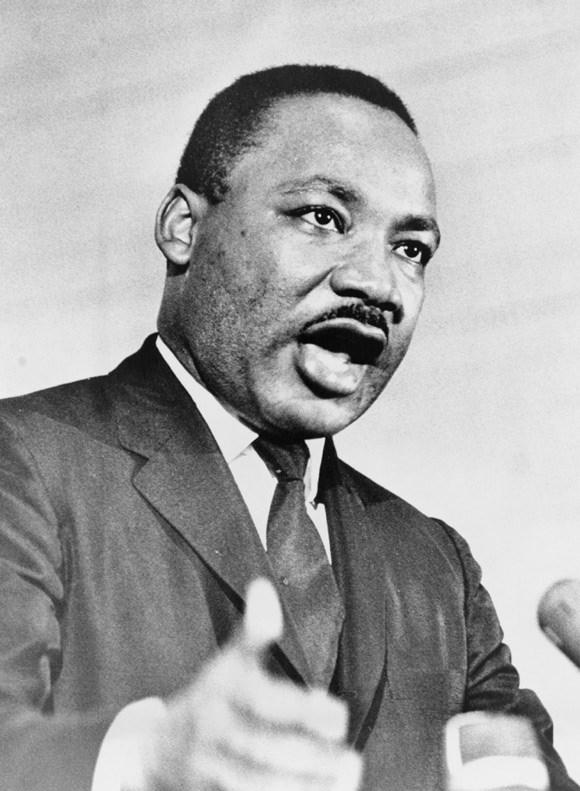
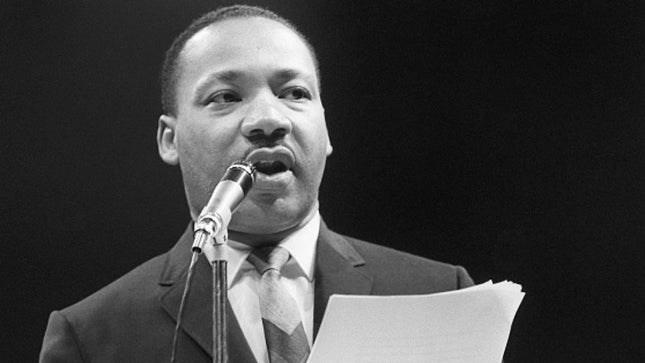 By
By
“We must concentrate not merely on the negative expulsion of war but the positive affirmation of peace.”
Presented
Judge Mike Jones
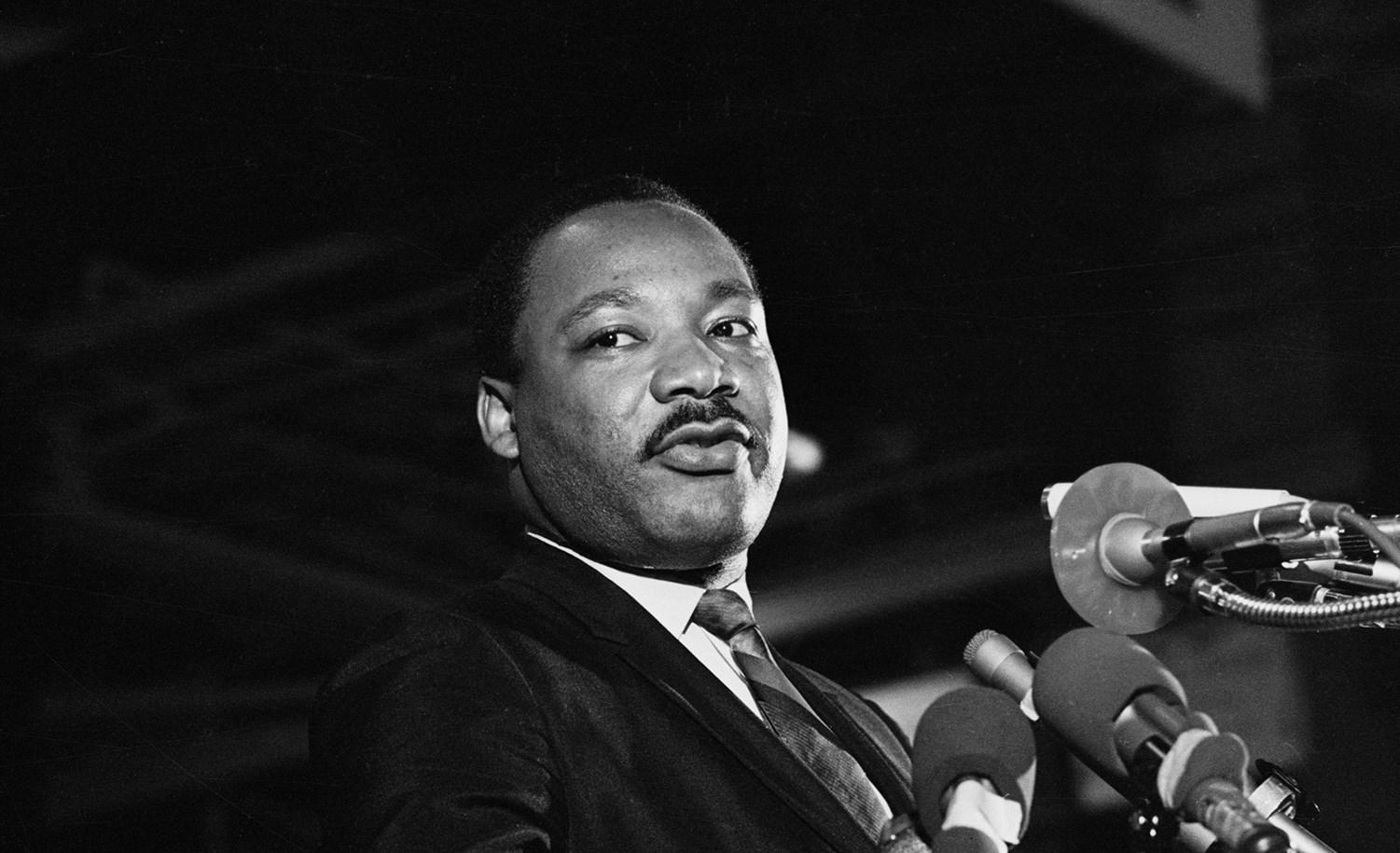
“The art of acceptance is the art of making someone who has just done you a small favor wish that he might have done you a greater one.”
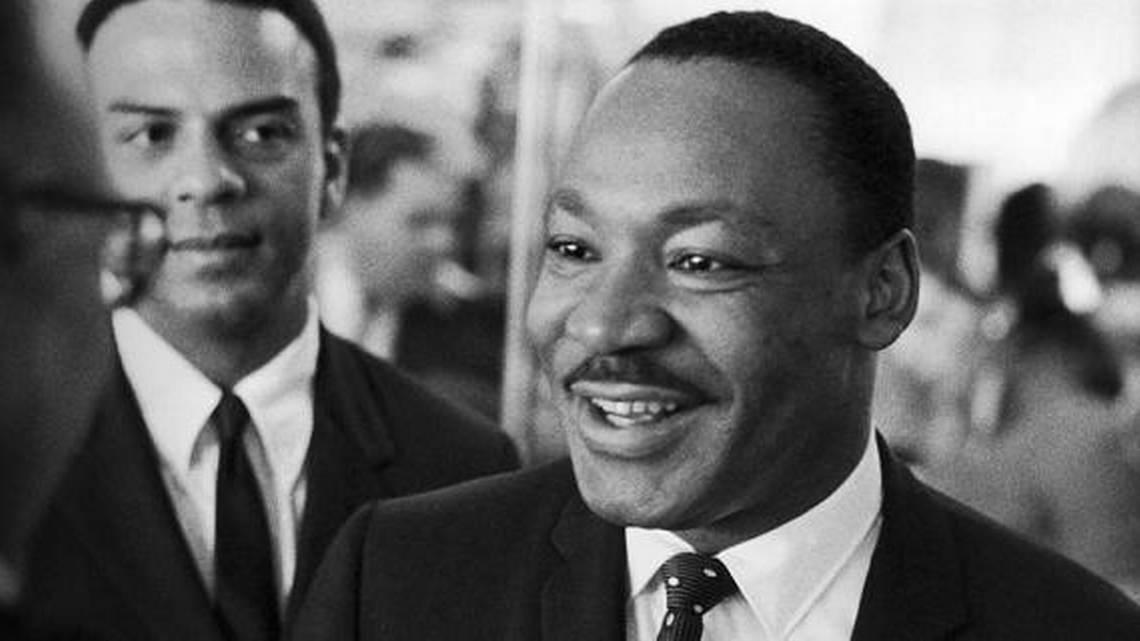
“The ultimate measure of a man is not where he stands in moments of comfort and convenience, but where he stands at times of challenge and controversy.”
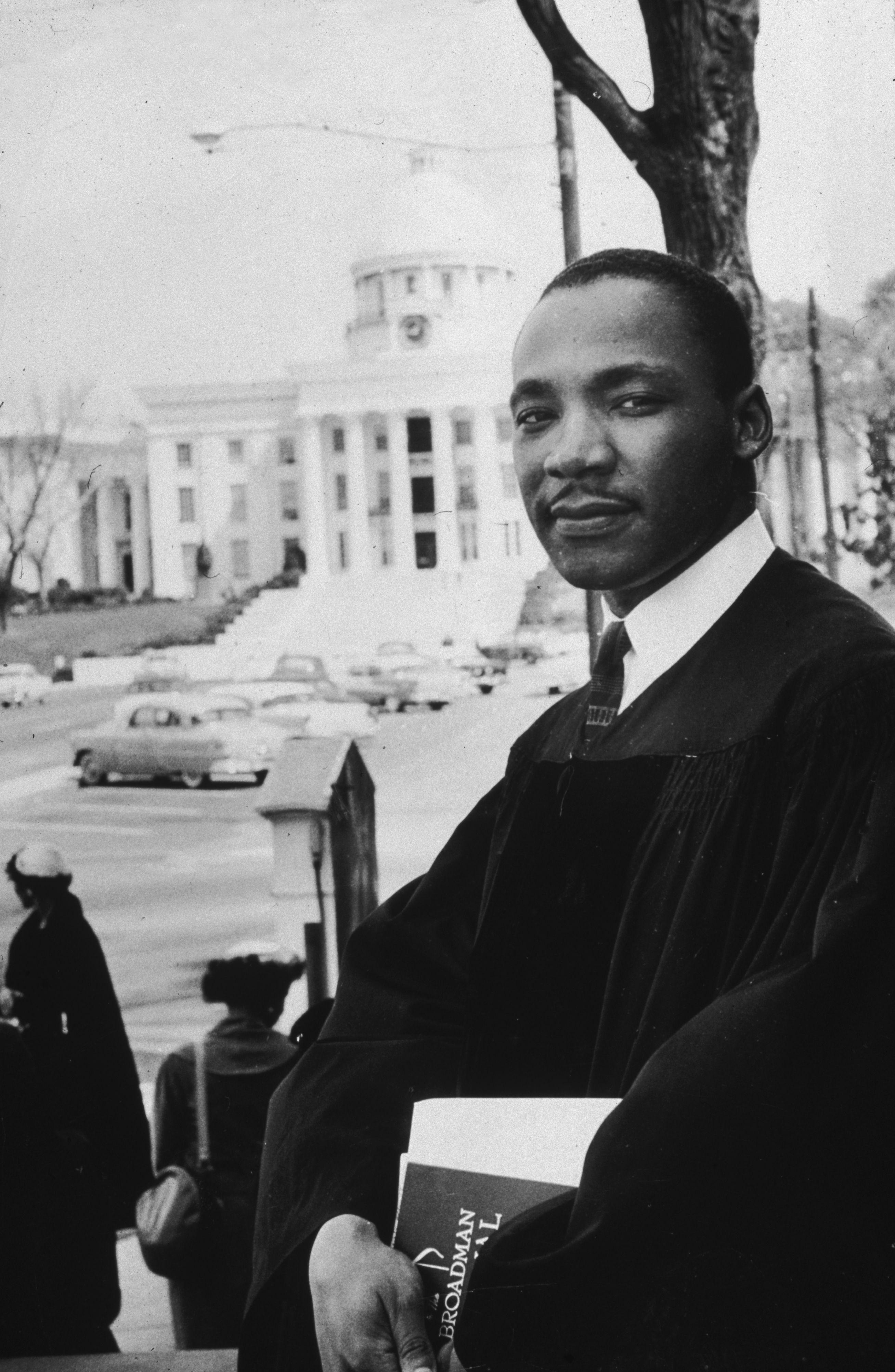
“Nothing in all the world is more dangerous than sincere ignorance and conscientious stupidity.”
Presented
Attorney Larry Taylor
Martin Luther, King Jr.Presented By Judge Aiesha Redmond
“Never, never be afraid to do what’s right, especially if the well-being of a person or animal is at stake. Society’s punishments are small compared to the wounds we inflict on our soul when we look the other way.”
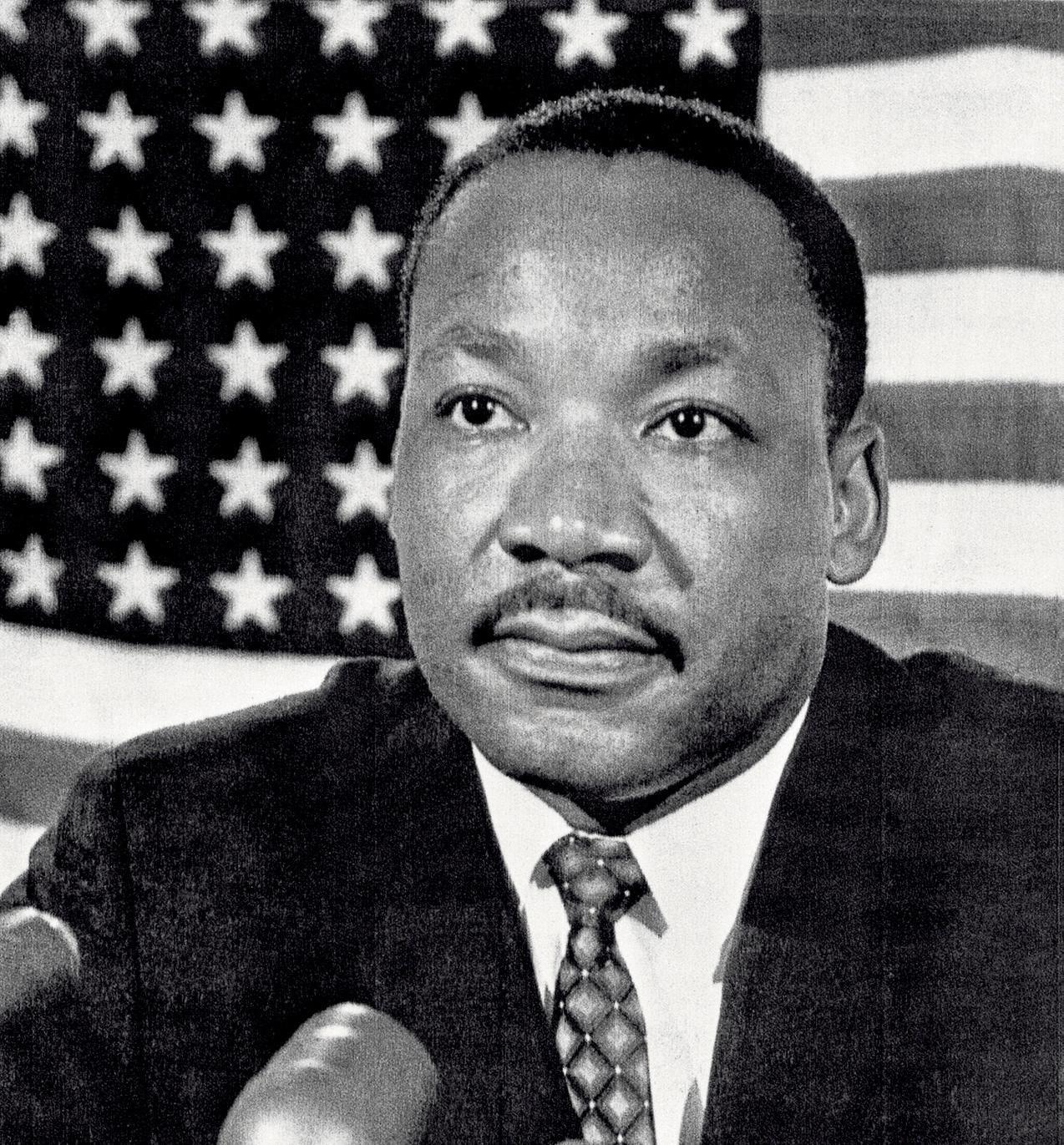
Presented
By Congresswoman Jasmine CrockettMartin Luther, King Jr.
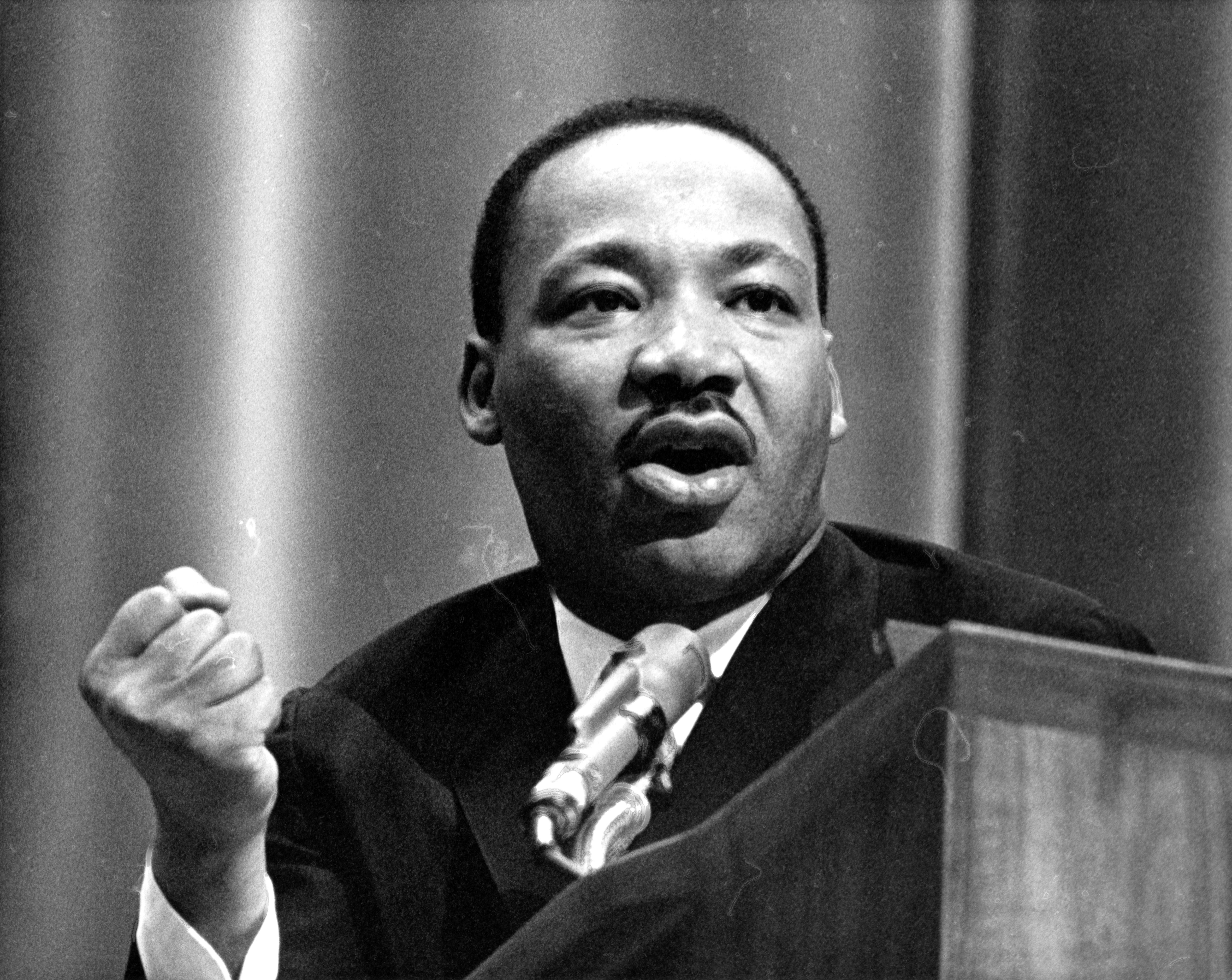
“There comes a time when one must take a position that is neither safe nor politic nor popular, but he must take it because his conscience tells him it is right.”



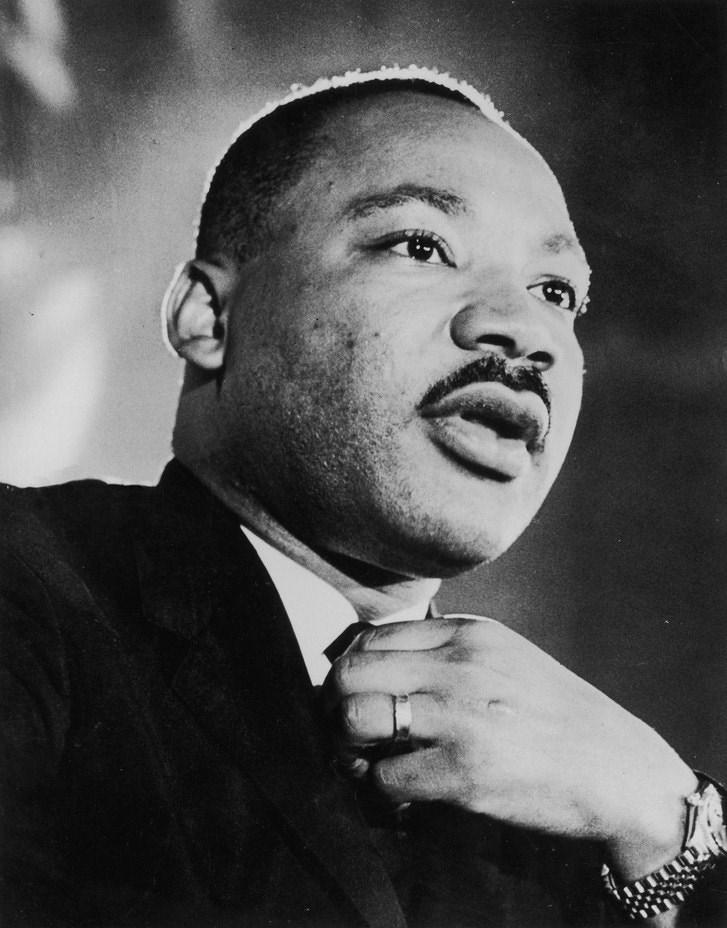


 Presented By Kastl Law, P.C.
Presented By Kastl Law, P.C.
